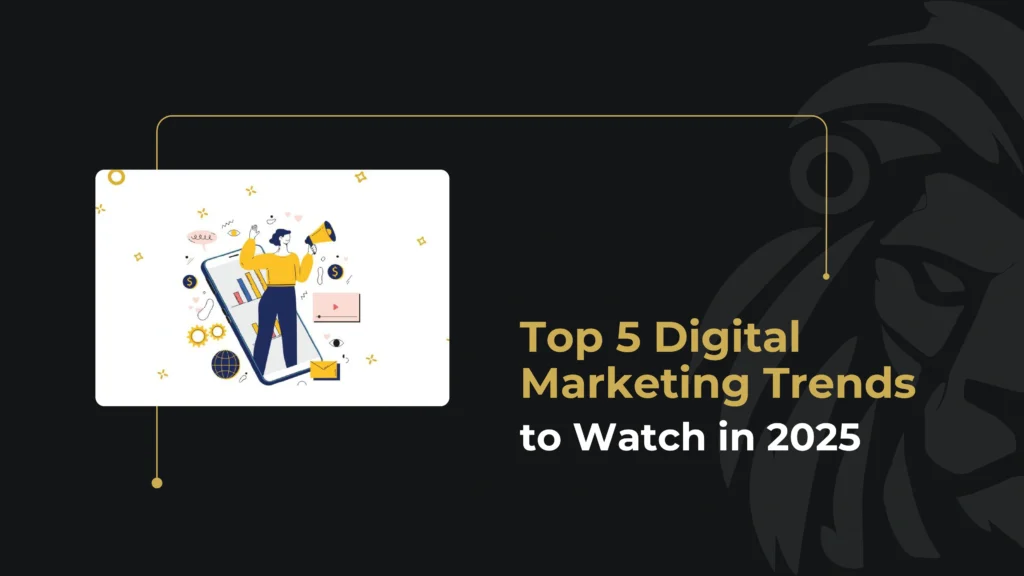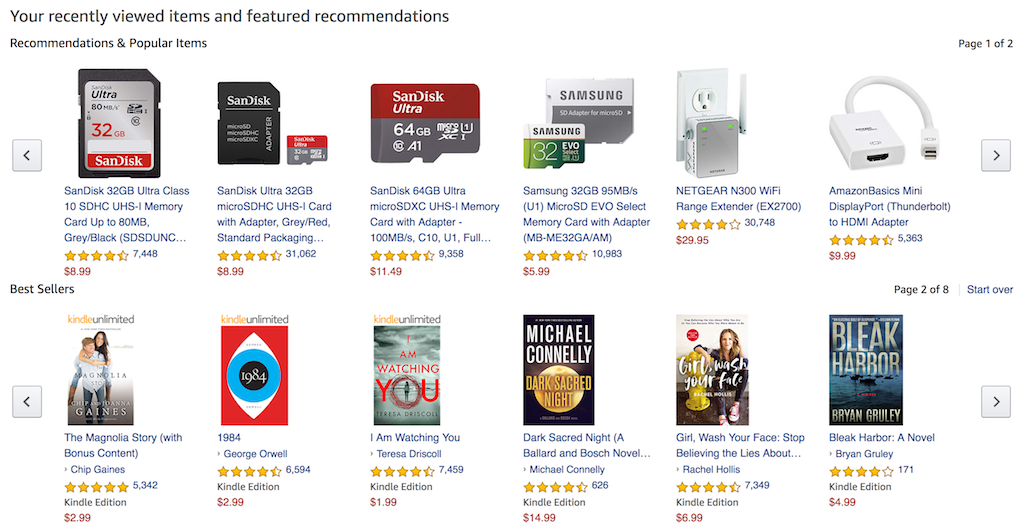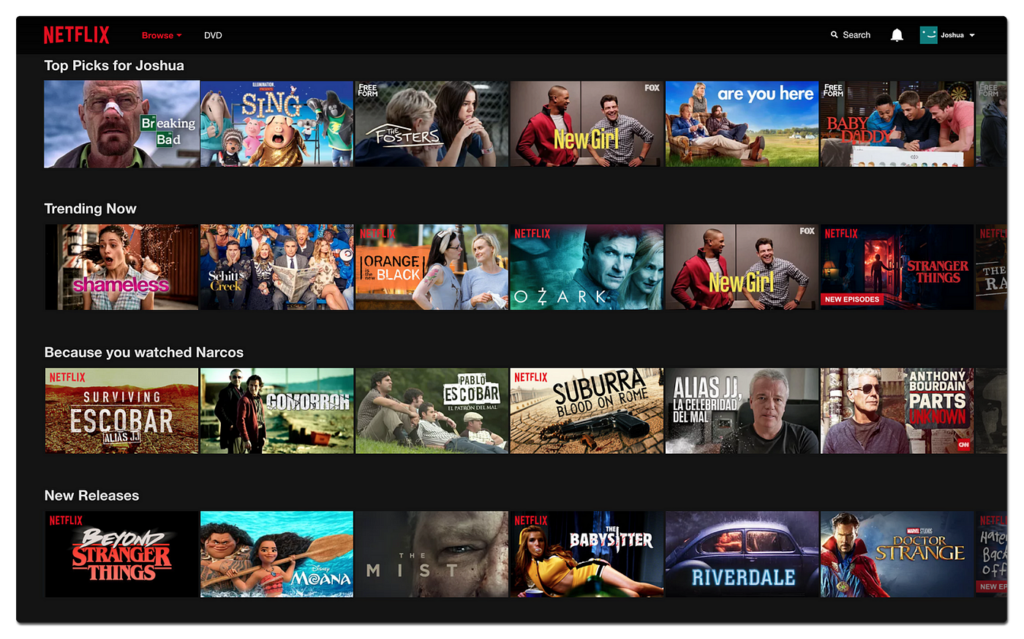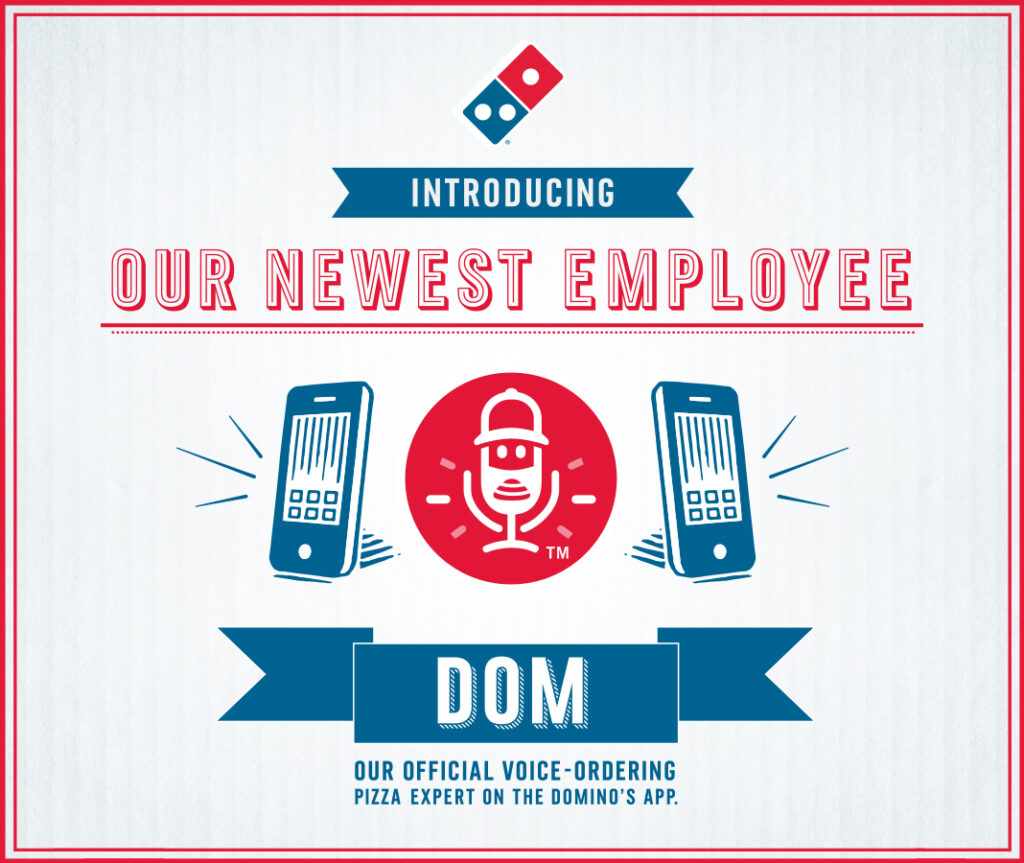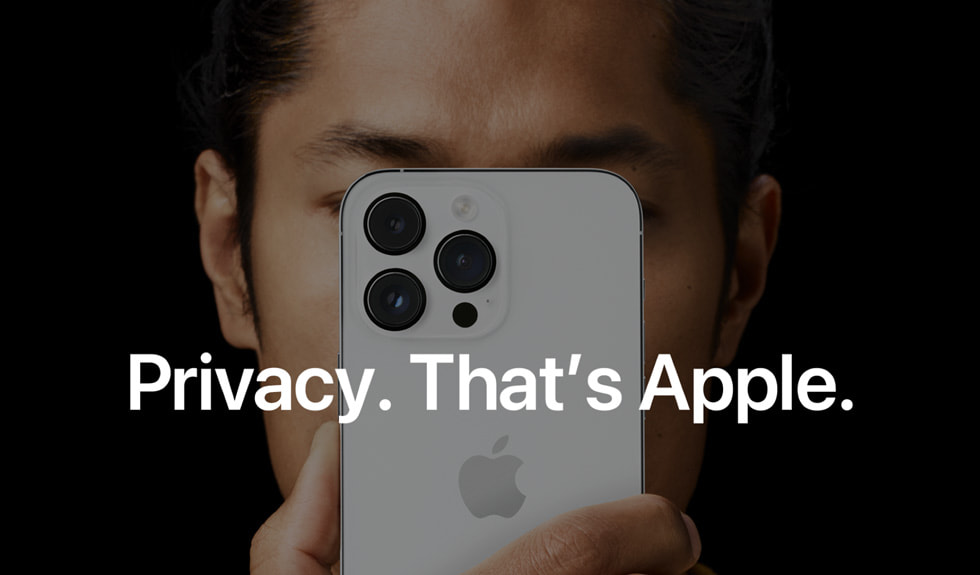The digital landscape is evolving at an unprecedented pace, and 2025 will be no exception. As technology advances and consumer behaviours shift, businesses must stay ahead of the curve to maintain a competitive edge.
Digital marketing agencies need to adapt to emerging trends to drive engagement, increase conversions, and build strong brand loyalty.
Below, we explore five key digital marketing trends that will shape the industry in 2025.
[lwptoc depth=”1″ numeration=”none” numerationSuffix=”none” title=”Table of Contents” toggle=”0″ backgroundColor=”#ffffff” borderColor=”#ffffff” linkColor=”#997317″]
1. AI-Driven Marketing: The Future of Automation and Personalisation
Artificial intelligence (AI) is no longer a futuristic concept; it has become a mainstream tool for businesses to enhance their marketing strategies. AI-driven marketing leverages machine learning, automation, and predictive analytics to create more effective campaigns and improve customer experiences.
How AI is Transforming Marketing:
- Chatbots and Conversational AI: AI-powered chatbots, such as ChatGPT, enhance customer support by providing instant, intelligent responses. In 2025, these tools will evolve further, offering hyper-personalised assistance and handling complex queries.
- Predictive Analytics: AI helps marketers analyse customer data to predict behaviour and optimise campaigns. A study by McKinsey found that businesses using predictive analytics see a 20% increase in marketing ROI.
- Automated Content Creation: AI-generated content tools can now write blog posts, social media updates, and ad copy, streamlining the content creation process while maintaining quality.
Example: Amazon’s AI-driven recommendation engine contributes to 35% of its total revenue by offering personalised product suggestions based on customer behaviour.
2. Video-First Content: The Rise of Short and Engaging Videos
Video content continues to dominate digital platforms, with consumers gravitating toward short, engaging videos. Platforms like TikTok, Instagram Reels, and YouTube Shorts have revolutionised content consumption, making video marketing a must-have strategy.
Why Video is King:
- Increased Engagement: According to Wyzowl, 92% of marketers say video provides a good return on investment.
- Short-Form Dominance: With attention spans declining, short-form videos (under 60 seconds) are outperforming longer content.
- Live Streaming Growth: Live videos are generating six times more interactions than standard video content on social media.
- Lead Generation: Videos connect with customers in a more personal way and with a face to the brand, they help build credibility and authority. Learn more about how to use video marketing for lead generation in our helpful guide.
Example: Nike’s viral TikTok campaigns, featuring user-generated content and influencer collaborations, have driven massive brand engagement and millions of views.
3. Personalisation: Consumers Expect Tailored Experiences
Modern consumers expect brands to deliver personalised experiences. Generic marketing messages are losing effectiveness, while hyper-personalised campaigns drive higher engagement and conversions.
The Power of Personalisation:
- Email Marketing Personalisation: Personalised emails generate six times higher transaction rates than generic messages.
- Dynamic Website Content: Brands are using AI to customise website experiences based on visitor behavior.
- Personalised Ads: Retargeting and AI-driven ad campaigns tailor content to individual users, improving click-through rates.
Example: Netflix’s recommendation algorithm, which suggests shows based on viewing history, has been a key driver in retaining over 230 million subscribers globally.
4. Voice Search Optimisation: The Growing Influence of Voice Assistants
With the rise of smart speakers and voice assistants like Alexa, Siri, and Google Assistant, voice search is becoming a crucial component of digital marketing strategies.
Why Marketers Should Optimise for Voice:
- Growing Adoption: By 2027, around 122.5 million smart speakers are expected to be shipped globally
- Conversational Search Trends: Voice searches are more natural and longer than text searches, requiring a different SEO approach.
- Local SEO Impact: “Near me” searches through voice have surged, benefiting local businesses that optimise their content accordingly.
Example: Domino’s Pizza allows customers to place orders through voice assistants on their app, streamlining the ordering process and enhancing user experience.
5. First-Party Data Strategies: Preparing for a Privacy-First Future
With increasing privacy regulations and the phasing out of third-party cookies, businesses need to prioritise first-party data collection to maintain effective marketing strategies.
The Importance of First-Party Data:
- Regulatory Compliance: With GDPR and CCPA enforcing stricter data laws, brands must collect and manage customer data responsibly.
- Better Audience Insights: First-party data (e.g. email lists, CRM data) provides more accurate customer insights than third-party sources.
- Enhanced Trust & Transparency: Consumers are more likely to engage with brands that prioritise data privacy and transparency.
Example: Apple’s iOS privacy changes have pushed brands to invest in first-party data collection, with companies like Shopify offering tools to help businesses own their data.
Final Thoughts
The digital marketing landscape is evolving rapidly, and staying ahead requires adaptability and innovation. AI-driven marketing, video-first content, personalisation, voice search optimisation, and first-party data strategies are shaping the future of digital marketing in 2025.
By embracing these digital marketing trends, brands can enhance customer experiences, drive engagement, and achieve long-term success in an ever-changing digital world.
Want to stay ahead of the latest digital marketing trends? Partner with experts who can help you navigate the evolving landscape. Get in touch with us at Dominate Online and future-proof your marketing strategy today!
